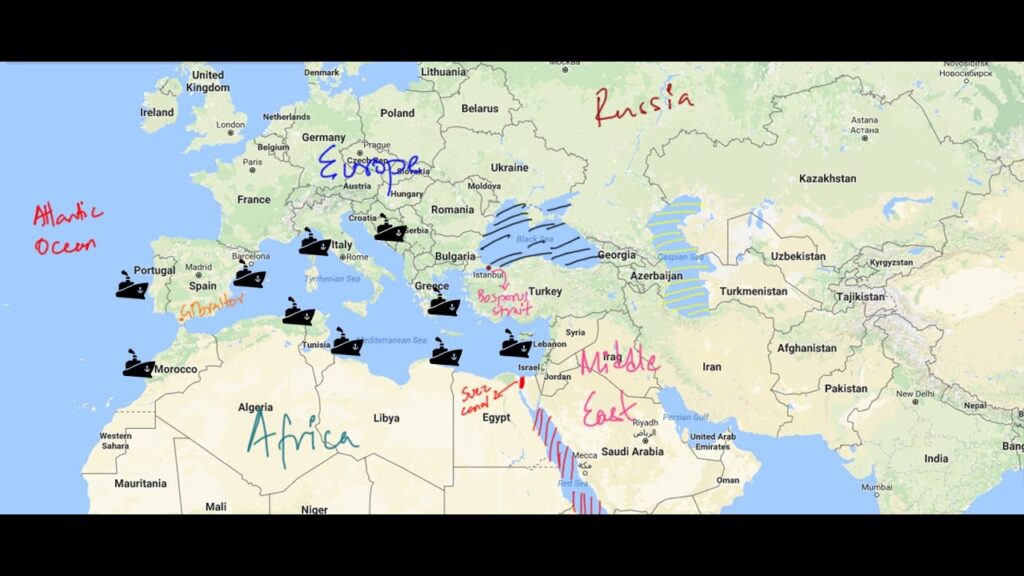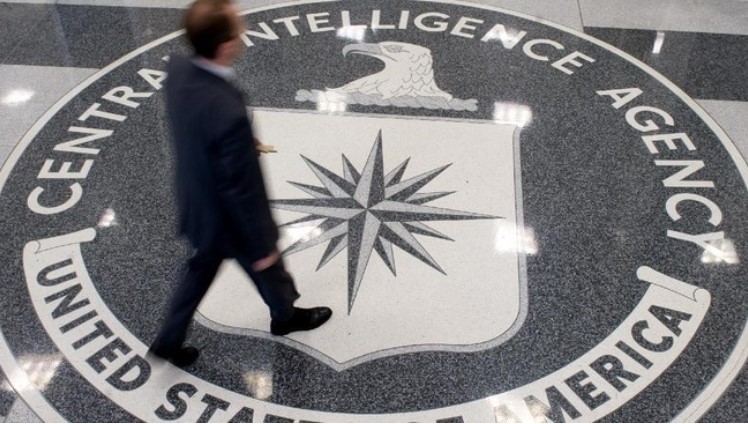
STRATEGIC ASSESSMENT. According to Greek officials, more than 20 people died, with dozens unaccounted for, after two boats carrying migrants sank in the Aegean Sea last week. One rescue effort occurred off the island of Lesbos after a dinghy of 40 people sank amid strong winds. The Greek Coast Guard reported that ten women were rescued and the bodies of 16 women and one boy were recovered, with at least 14 still unaccounted for. Hundreds of miles away off the coast of the island Kythira, a second rescue effort was launched after a boat carrying about 100 people was battered against the rocks on the shoreline and began to sink. At least 4 people died and 11 are still believed to be missing. The scenes of deadly wreckage harken back to 2015 and 2016, to the well-documented and often politicized images of the hundreds of thousands of migrants and refugees – thousands of whom died – attempting to reach Europe through the Mediterranean Sea route. In an interview with the BBC, a people smuggler stressed that policies like that in the UK to send asylum seekers to Rwanda are not deterring crossings: “Even if they send 1,000 people a day to Rwanda, people won’t stop, or change their decision,” he said emphatically. “If they are not afraid of death, they won’t be afraid of going to Rwanda.”
In the past, Greece has been an infamous flashpoint in Europe’s migration crisis, finding itself – alongside Italy and Spain – as the first point of entry to the European Union and on the frontlines of receiving the oftentimes overwhelming numbers at the border. In 2020, the country found itself the focal point of a clash between Turkiye and the EU. Turkiye – whose institutions were strained by the over one million Syrian refugees it had taken in – decided it would no longer abide by a 2016 deal it made with the bloc to stop refugees and migrants from reaching Europe, stoking tensions between Turkish and Greek officials.
Although the number of migrants attempting to cross the Mediterranean into Europe has fallen since its peak in 2015, and consequently been featured less prominently in the headlines, the journey is becoming more fatal. The European Union has made extensive efforts to tighten borders legally and physically, while also entering into agreements like the one with Turkiye, to stem the tide of migrants and refugees. Stricter border measures often lead to riskier behavior, such as overcrowding in boats, and lead to deadlier outcomes. According to the UN High Commissioner for Refugees, over one million refugees and migrants arrived in Europe by sea in 2015, fueled by the conflict in Syria and an escalation of fighting in Afghanistan. Of the hundreds of thousands who made the sea journey, 3,771 individuals died or were considered missing. In 2021, 123,318 people arrived in Europe by sea and 3,231 were recorded as dead or missing. This year is already on pace to exceed the statistics of the previous year, signaling that the death toll, as well as tragic shipwrecks such as last week, will only continue to increase.
While rescue efforts are still ongoing, Greek officials have blamed Turkish leadership for the tragedy, accusing Turkiye of using migrants in acts of political gamesmanship. Reciprocally, Turkish president Recep Tayyip Erdogan laid the blame for the migrants’ deaths on Greek authorities, a sentiment he emphasized by accusing Greece of “crimes against humanity” during his recent speech at the 77th opening of the UN General Assembly in New York this September. The political tensions and blame shifting over migrants occur against the backdrop of escalating territorial disputes between the two countries. Although these disputes are nothing new, Erdogan has intensified his aggressive messaging, disputing the sovereignty of islands in the Aegean and explicitly threatening a potential invasion of Greek territory. Analysts have argued that a conflict between Greece and Turkiye seems not only possible, but probable, as officials’ statements, incidents between the Turkish and Greek militaries, and increasingly antagonistic rhetoric has amplified the risk of conflict. Some have pointed to upcoming elections in both countries as potential motivation for the hardline rhetoric, which may be an attempt to appeal to domestic audiences. Both President Erdogan and Greek Prime Minister Kyriakos Mitsotakis have reportedly suffered popularity losses due to a range of factors, including economic challenges, immigration issues, and rising energy prices, precipitating what could be potentially challenging reelections for them both.
The increasing tensions between Greece and Turkiye have also elicited concerns about the unity of NATO, which has concentrated on displaying a unified front following Russia’s invasion of Ukraine. Some experts have warned that Moscow could exploit cracks in NATO unity, continuing to exacerbate tensions which have already begun to accelerate as winter approaches and utilizing mis- and dis- information to sow discord in Europe. The intensification of the rhetoric and political maneuvering has led some to speculate about whether Erdogan will determine if the risks are a small price to pay in the name of national security and political reward at the polls. As the migration flows show no sign of abating and, consequently, the death toll mounting, migrants will continue to serve as political flashpoints amidst the growing kinetic tensions between the two countries. As Europe confronts escalating prices for food, heating, and gas in the coming winter – and likely as the conflict in Ukraine drags on – xenophobia and violence against migrants has the potential to increase, and in the case of Greece and Turkiye, could prompt another conflict the continent can ill afford.








